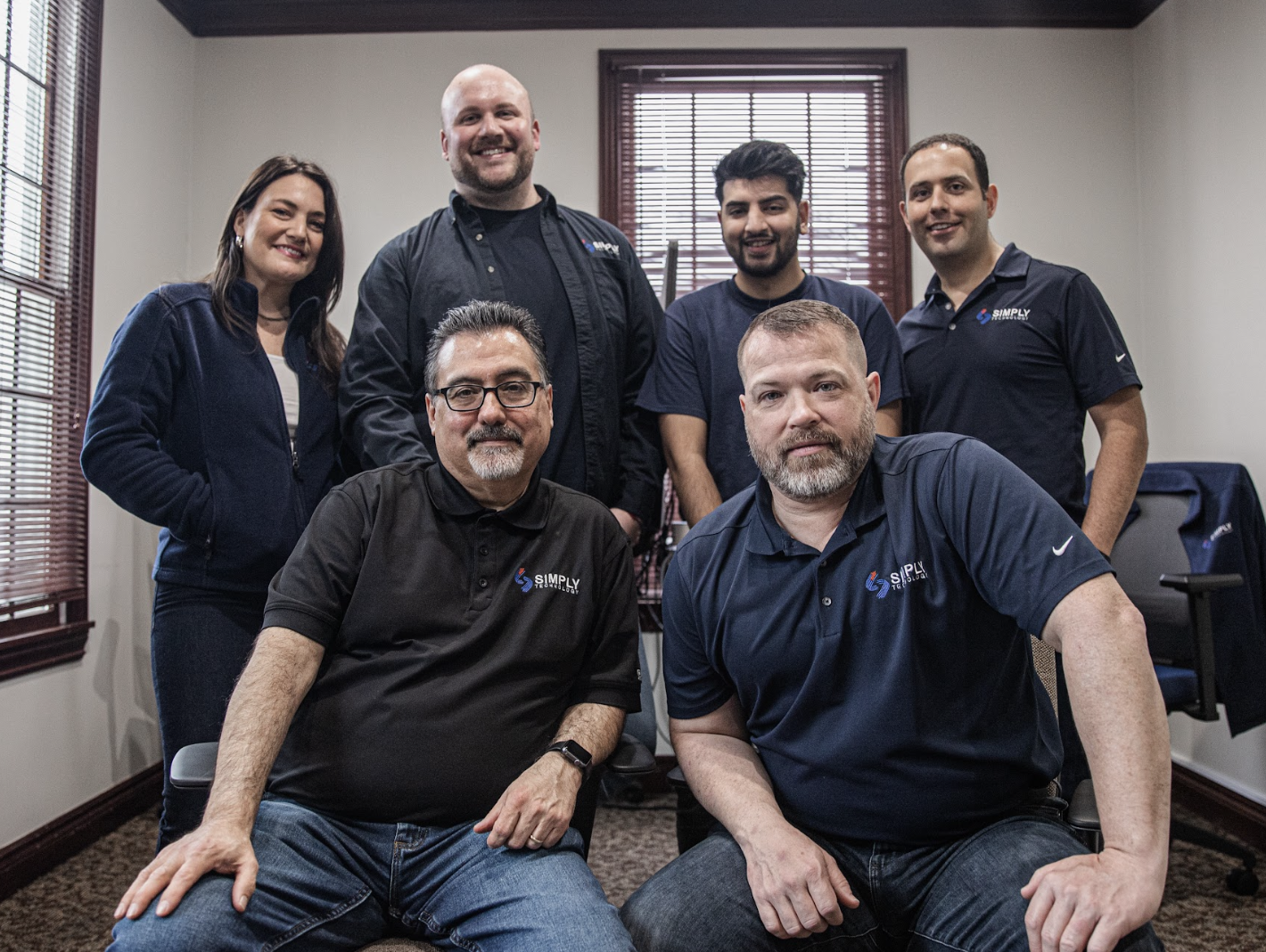The rapid integration of new technologies is revolutionizing the way we work. From artificial intelligence to robotics, we’re seeing the increasing impact of new tech on employment. Here’s how these advancements are significantly altering the dynamics of workplaces across industries.
The Promise of New Tech
New tech encompasses a wide array of innovations, ranging from artificial intelligence and machine learning to the Internet of Things (IoT) and blockchain. These technologies are designed to streamline processes, boost efficiency, and enhance decision-making capabilities.
As companies embrace automation and smart systems, operations become more efficient. Tasks that were once time-consuming and labor-intensive are now completed with unprecedented speed and accuracy. This shift not only elevates productivity but also enables employees to focus on more creative and value-added tasks.
Automation and Job Displacement
However, the integratoin of new tech also comes with challenges in employment. Automation can disrupt traditional job roles. With routine and repetitive tasks increasingly being handled by machines, many face concerns about job displacement.
For instance, manufacturing processes that were once reliant on human labor are now being executed by robots equipped with advanced sensors and algorithms. While this leads to increased efficiency, it also raises questions about the future of the human workforce in these sectors.
Skill Evolution and Adaptation
The impact of new tech on employment is not a one-sided narrative of job loss. It also presents opportunities for upskilling and reskilling. As technology redefines job descriptions, it also creates a demand for new skill sets.
The workforce of the future must be prepared to work alongside these new technologies, harnessing their potential to drive innovation and progress. This necessitates a shift in educational paradigms and lifelong learning initiatives. Employees and job seekers alike must actively engage in continuous learning to remain relevant and competitive in the job market.
The Gig Economy and Flexibility
Another facet of the future of work influenced by new tech is the rise of the gig economy. Digital platforms and applications have enabled individuals to offer their services on a freelance basis. This shift towards flexible, remote work arrangements shows the importance of adapting to changing work dynamics.
The gig economy offers autonomy and flexibility, appealing to a generation that values work-life balance and diverse experiences. However, it also raises concerns about job security, benefits, and social safety nets for gig workers.
Collaboration Between Humans and Machines
Contrary to fears of automation entirely replacing human workers, the future of work is more likely to be characterized by collaboration between humans and machines. New tech has the potential to augment human capabilities, making processes more efficient and informed.
For instance, in healthcare, machine learning algorithms can analyze vast amounts of medical data to assist doctors in making accurate diagnoses. In creative fields, AI tools can aid artists and designers in generating novel ideas.
Navigating the Future
Policymakers, businesses, and individuals must collaborate to navigate this new future of work. Businesses should invest in education and training programs that equip individuals with the skills demanded by new tech. Governments can play a role in shaping regulations that safeguard workers’ rights in the gig economy and ensure a just transition for those affected by automation.
While automation and technological advancements can lead to job displacement, they also present opportunities for skill development, collaboration, and innovation. The future of work is not one where humans are entirely replaced by machines, but rather one where they work alongside these new technologies to harness their potential. Adaptability and a commitment to learning will be the cornerstones of success in the evolving world of work.
Simply Technology is here to bring your business into the future. From cloud services to managed IT, we eliminate barriers so you can get back to doing what you do best. Contact us to schedule a free assessment.




